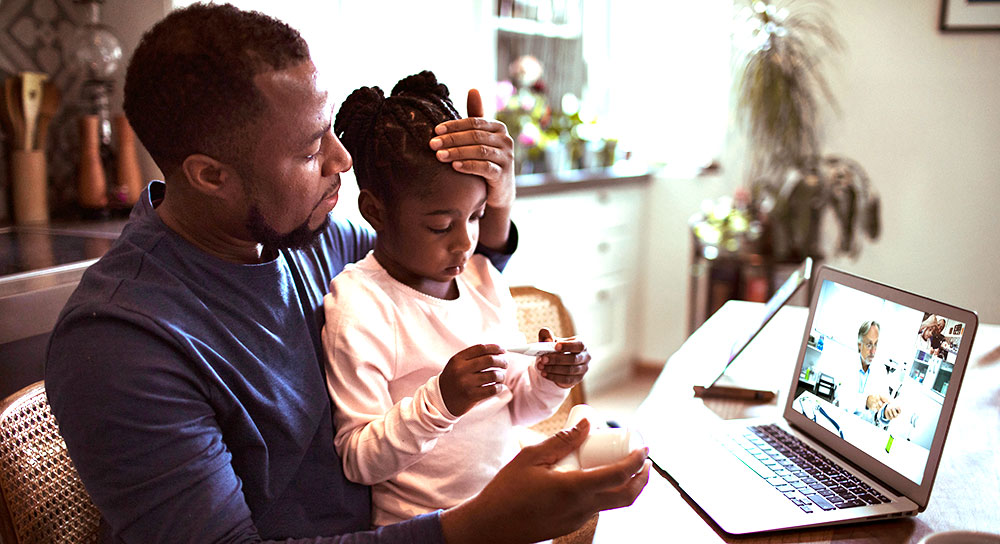She said: “I know exactly how you feel. Time heals all wounds.”
You thought: “No she doesn’t. No it doesn’t.” And then, “I know she means well.”
Did those words, in response to the loss of a loved one, ever anger you? Family and friends, your own personal support system, are important when suffering grief but sometimes our best-intentioned friends just don’t “get it.”
Five Stages of Grief
Everyone grieves in different ways and on different timelines. Psychiatrist Dr. Elisabeth Kubler-Ross points to the five stages of grief — denial, anger, bargaining, depression, and acceptance — in her 1969 book “On Death & Dying.” Since its publication, those categories have been expanded to include shock, experimenting, decision making, and integration into one’s new situation. Some may go through these stages in a different order, may skip some and add others such as guilt or confusion.
Get Support
Whatever the process, without some form of support, grief can turn into isolation and chronic loneliness. Rather than retreating, gift yourself some support. Support comes in many forms: a therapist, spiritual advisor, or a group specifically designed to help you through the grieving process.
If you’re interested in a bereavement support group, these are some of the things you should look for when selecting a group. The group should be made up of those dealing with similar losses and challenges brought about by those losses. And it should be led by someone with experience.
How Family and Friends Can Help
For family and friends trying to help someone cope with a death, over-used expressions like, “I know how you feel,” or “it gets better,” can be extremely irritating. Instead:
-
Check in on a regular basis.
-
Offer to listen and to be there for them.
-
Make it clear that there is no deadline to end the grieving.
-
Encourage that loved one to seek out expert support.
Join Our Support Group
Community Medical Centers’ Palliative Care Services is offering group support for individuals who have experienced the loss of a loved one. Grieving is deeply personal. Some individuals wish to cope with loss of their loved one in a more private way, in which case, a counselor or therapist is a great resource. Others may benefit from hearing others discuss how they are coping with their own grief.
Starting Monday, September 9, for seven weeks, every Monday, Community is offering a place for individuals to share their personal experiences and gain skills that can be useful for each individual's grief process in a group meeting. Sessions will be held at Terry's House at 5 p.m.
If you’re interested contact Palliative Care Services at (559) 459-7210 for more information.



.jpg)


